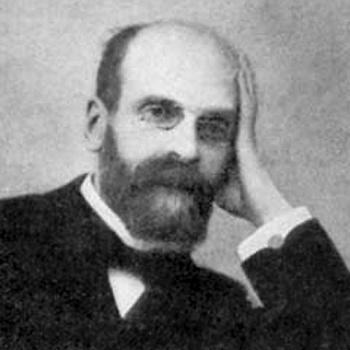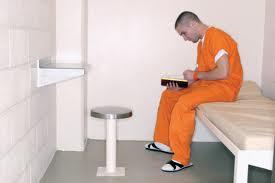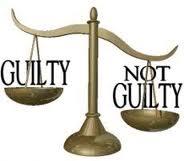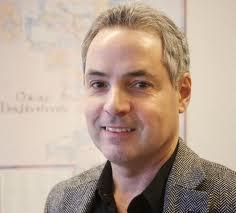Deviant actions are actions that violate informal and formal norms in society. There are three theoretical frameworks through which we can study deviance.
Structural functionalist theories place an emphasis on the role of culture in creating our norms. By their logic, when our norms are clear and stable, there will be less deviance. Popular structural functionalist theorists in the study of deviance are Emile Durkheim and Robert Merton. Durkheim introduced the concept of ‘anomie’ to sociology and Merton brought forth his Strain Theory.
Symbolic interactionist theories posit that socially constructed meanings interpreted a certain way help people create justifications for their own deviance. Influential theories in this framework include Sutherland’s Differential Association, Neutralization Theory, Labeling Theory and Control Theory.
Conflict theories tend to agree that advantaged social groups use the criminal justice system to their advantage and to the disadvantage of disadvantaged groups. These theories are typically Marxist in nature. They have been influential in helping find the root causes of the correlation between socioeconomic status and criminal behaviour although most of the theories fail to address both societal and individual levels of deviance.
© BrainMass Inc. brainmass.com July 25, 2024, 8:53 am ad1c9bdddf



